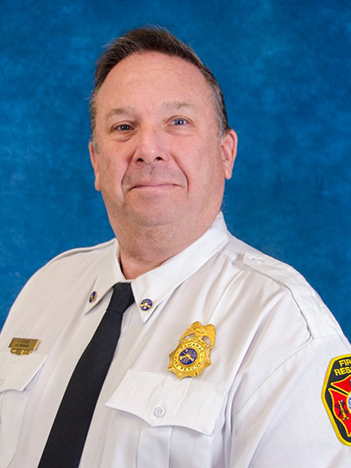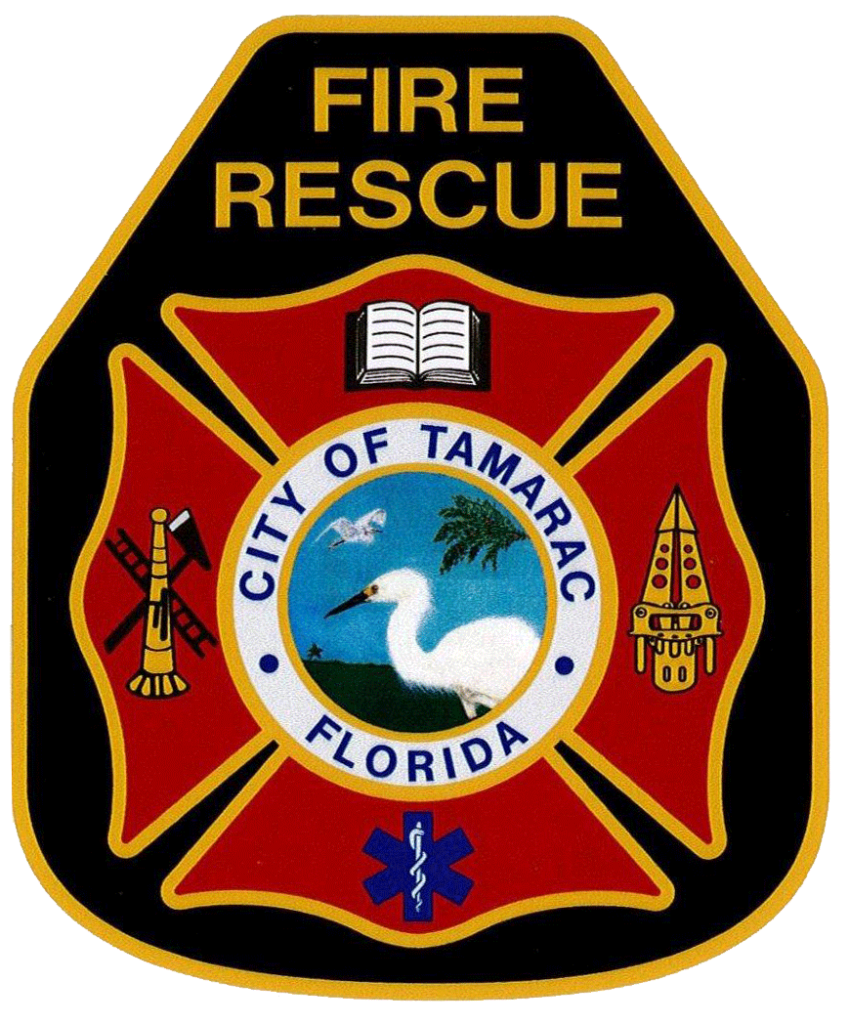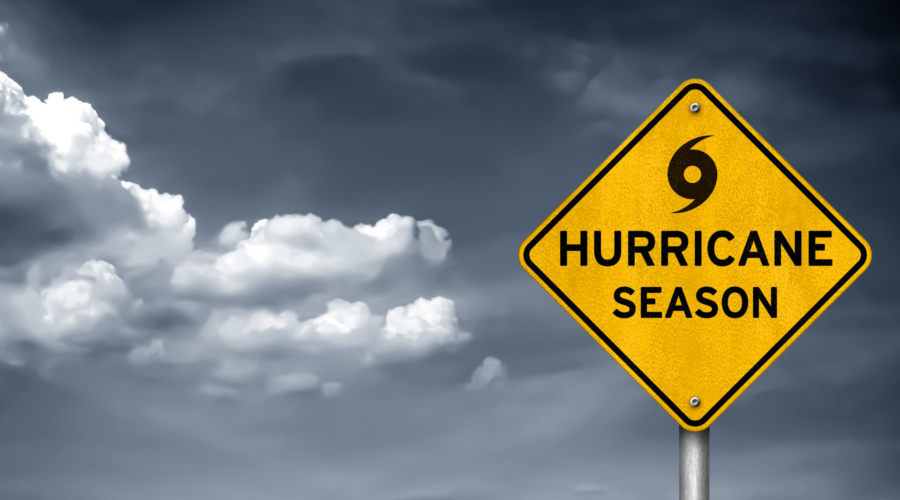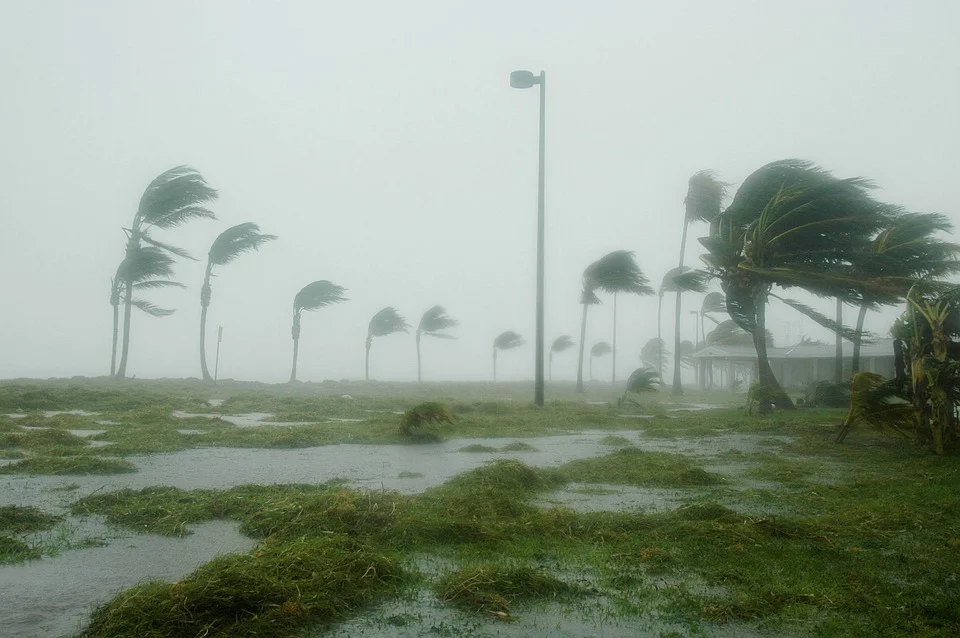Stay put and stay safe. Listen to local officials for information and special instructions about hazards like localized flooding or boil water notices. Wait until it is declared safe before leaving home. Continue to avoid using candles and open flames while indoors; watch out for downed power lines and other hazards outdoors.
Minimize travel. If your neighborhood and surrounding areas experienced flooding or wind damage, stay off the roads as much as possible. If you are attempting to return home after evacuating, listen to media reports for information on road conditions and wait until it is safe to return.
Wait to use tap water. Don’t drink or prepare food with tap water until you are certain it’s not contaminated.
Turn around. Don’t drown. Do not walk, swim or drive through flood waters. Just six inches of fast-moving water can knock you down, and one foot of moving water can sweep vehicles away.
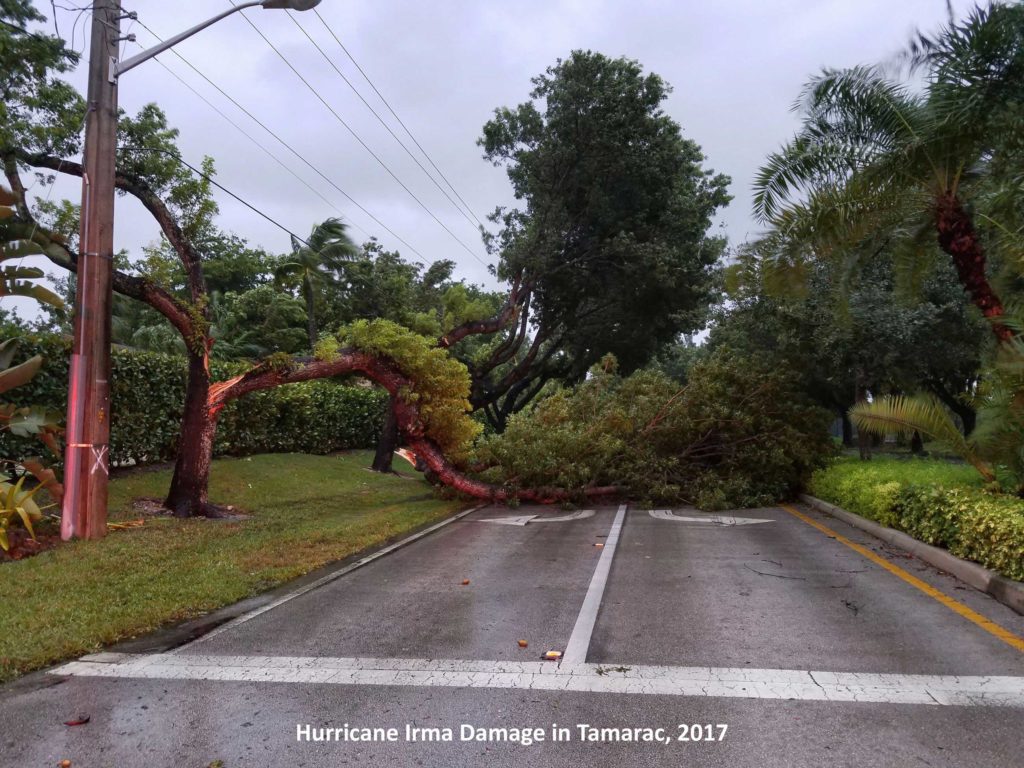
Don’t touch. Do not touch electrical equipment if it is wet or if you are standing in water. If it is safe to do so, turn off electricity at the main breaker or fuse box to prevent electric shock.
Avoid standing water. Flood water can contain dangerous debris, and underground or downed power lines can also electrically charge the water.
Document damages. Photograph any property damage and contact your insurance company for assistance.
Use caution with portable generators. Portable generators release carbon monoxide gas which you cannot see or smell. See More: Generator Safety Download
However, exposure can rapidly lead to full incapacitation and death. If you feel sick, dizzy, or weak, get to fresh air immediately. Other hazards include electric shock, electrocution and fire. Safety tips include:
- Only use generators outside to allow for proper ventilation. Be very cautious about where you place your generator. Keep it away from doors, windows, vents or air conditioning equipment, so the carbon monoxide doesn’t get in your home. Avoid wet areas and standing water.
- Plug appliances directly into a portable generator or into a heavy-duty, outdoor-rated extension cord. Do NOT hook a generator up to the main electric panel of a home or business. Improper connection to a main panel can cause “back feed” from the generator (including RV generators) into utility lines and injure a neighbor, property or utility crews working to restore service.
- Before refueling a generator, let the engine cool for at least two minutes. Turn off all appliances connected to the generator before refueling.
- Always follow the instructions that come with your generator. Don’t exceed the manufacturer’s total rated wattage for your generator. Each generator has a rated wattage, which provides a limit for how many appliances it will safely power.
More Hurricane Tips
Hurricane Tips: Before the Storm
Hurricane Tips: During the Storm
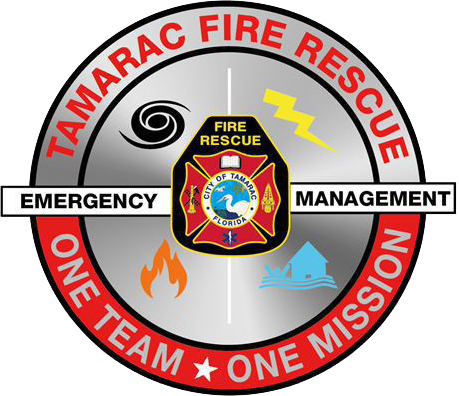
Tamarac Emergency Management
